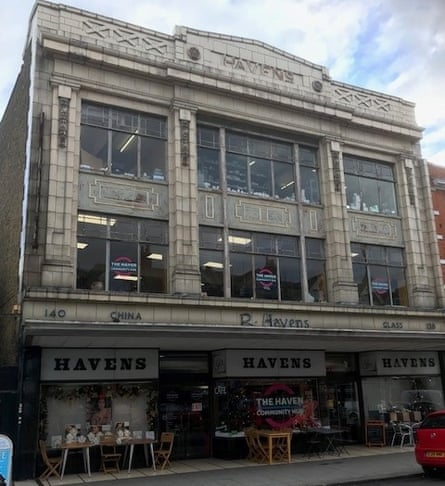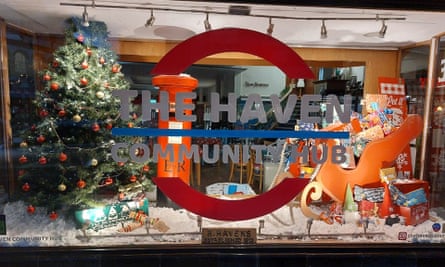It was once the launchpad for a national department store chain, now the former Binns site in Sunderland’s High Street West will be fostering the musical and catering talents of young people.
Futureheads, Field Music, and Frankie & the Heart Strings, will kick off the first main gig at the former department store, which is being reincarnated as Pop Recs, a music and arts venue and community hub.
The Grade II-listed building opened as Binns haberdashery store in 1811, trading there for about 80 years. It later spent time as an ironmongers, and provided bedsits and a squat.
Now, after a £1m renovation which has taken three years to complete, the site houses a music venue, record shop, cafe, gallery and kitchen where young people can gain catering skills. It also accommodates a youth mental health charity and market where teenagers can sell products. A neighbouring store is set to house the first high-street outlet for Sunshine Co-operative, a local online grocer.
The project is one of dozens around the country where communities, local authorities, social entrepreneurs and charities, are raising funds to bring former department stores, left vacant by the collapse of chains such as BHS and Debenhams, back into use.

While Sunderland’s scheme is based around music, in Southend, Essex, the former Havens department store, an art deco masterpiece that resembles a mini version of London’s Selfridges, is now home to a thriving community centre focused on supporting older people.
In Great Yarmouth the abandoned Debenhams site has been transformed into the Primeyarc gallery under the auspices of a local charity, while in Ryde, on the Isle of Wight, the former Elizabeth Packs department store, which closed five years ago, is now an arts space which has plans also for a cafe and permanent homefor the Shademakers carnival group.
Martin Hulse, trust manager of Tyne & Wear Building Preservation Trust, said the trust had worked in partnership with Sunderland city council, and the funders, the Architectural Heritage fund and Historic England, to revive the former Binns building. Pop Recs, a local social enterprise, came up with the creative ideas to bring the space alive.
“The social outcomes that Pop Recs can deliver really makes it special. I worked with them to create the vision. Without their dynamism I wouldn’t have been able to do my bit,” Hulse said. “The returns on social outcomes of community engagement, improving security of the area and bringing footfall and making it a nicer place to live, are really difficult things to monetise but that is what we are delivering – huge change for the area. You now see people on the streets at night.”
Matthew Mckeague, chief executive of the Architectural Heritage Fund, said that social enterprises, springing up around Britain, were often able to use their local knowledge and connections to find solutions for old buildings where the commercial world could not.

“They have become a bigger part of the economy, particularly in places suffering from economic deprivation,” said Mckeague. The heritage fund, a charity which promotes reuse of historic buildings, has £15m to invest in 100 similar projects around the UK, about eight of which have already begun.
Sign up to the daily Business Today email or follow Guardian Business on Twitter at @BusinessDesk
